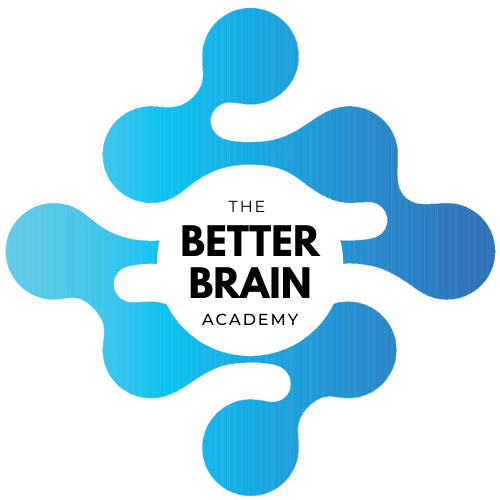Using Brain Wellness to Cope with Rejection
By The Better Brain Academy

At some point or another, during our everyday lives, we find ourselves faced with situations where we are left out or rejected. Be it at work, from friends, or even with your partner. For some, it can take a long time to move past rejection while others regain their calm more quickly. Have you ever wondered why this might be the case? A new study may have the answer to that question as it provides preliminary evidence that mindfulness may be linked to our response systems.
Researchers surveyed 40 undergraduate students asking them about their mindful awareness; specifically how receptive and attentive they typically are to events and experiences in the present moment.
The students played an online game while their brains were scanned using an fMRI. During the game, three players tossed the ball to each other, but after a few tosses, the other two players excluded the students. The participants were told the players were real people located in other rooms, when in fact, the interactions were actually pre-programmed.
Researchers found that students who were naturally more mindful reported feeling less distress than others did about being rejected. Ultimately, they found that individuals with increased mindfulness may be able to more effectively regulate negative emotions.
According to the study, results of the fMRI showed more mindful students had different levels of activity in their ventrolateral pre-frontal cortex (VLPFC). The VLPFC is the lower-frontal part of the brain that helps regulate negative emotions, especially after social rejection. It is a bundle of neurons that helps to keep emotions in check and “in control.”
The study showed that more mindful students’ VLPFCs were less active compared to less mindful students’ when feeling excluded.
It’s important to note that more active VLPFC’s do not always lead to better emotional regulation. Studies have shown that overstimulating the VLPFC may sometimes cause a person to “lose control.”
It can actually be energy-taxing to use excessive effort to control our emotions or consciously change them by thinking of a situation differently. Having thoughts such as “why am I so mad? This shouldn’t really upset me, I need to be calm” can eventually make our VLPFC too tired to keep inhibiting emotions.
While trying to think our way of negative emotions may seem like a good idea, it may actually result in the opposite desired reaction. It can be a draining process that leads us into rumination or to completely fail at the goal we hope to achieve. A better way to deal with rejection and negativity is to take a more mindful approach to feelings. Letting them arise and then pass could be the best way to cope, according to the study.
Another great reason to adopt a mindful lifestyle and to practice each and every day. You can learn more about mindfulness and gratitude from our past blog posts.
